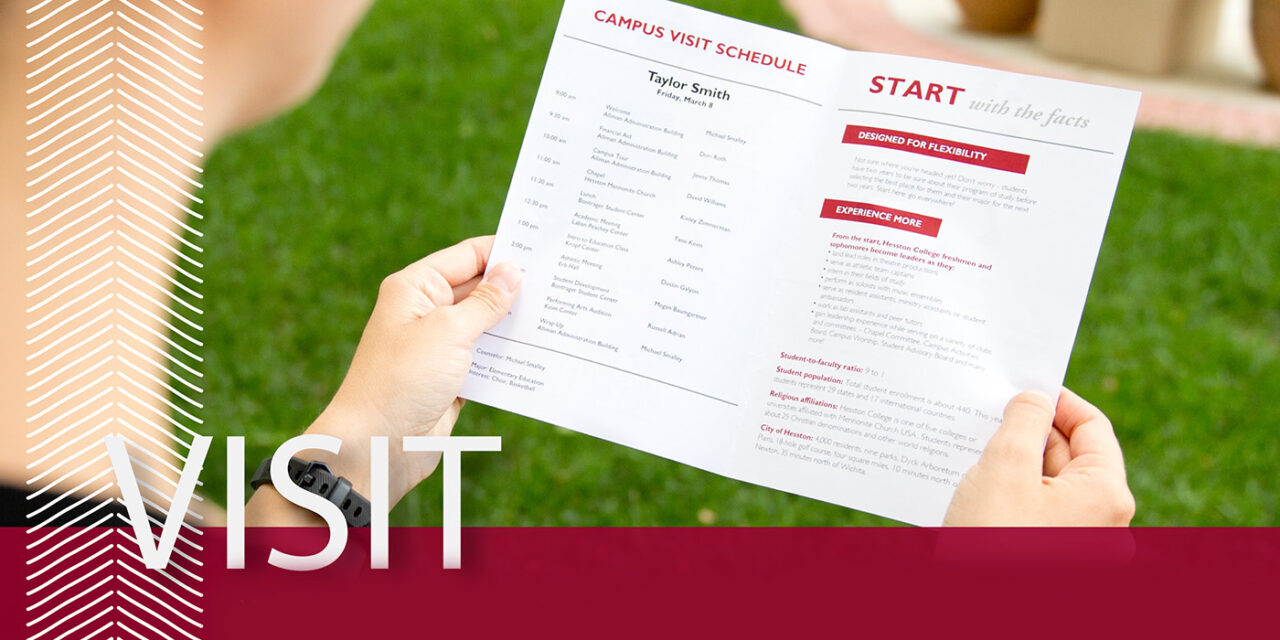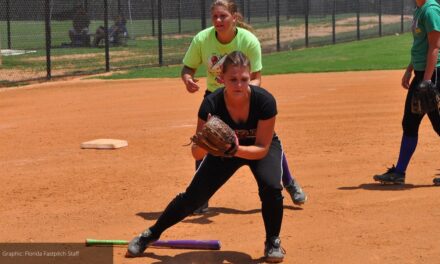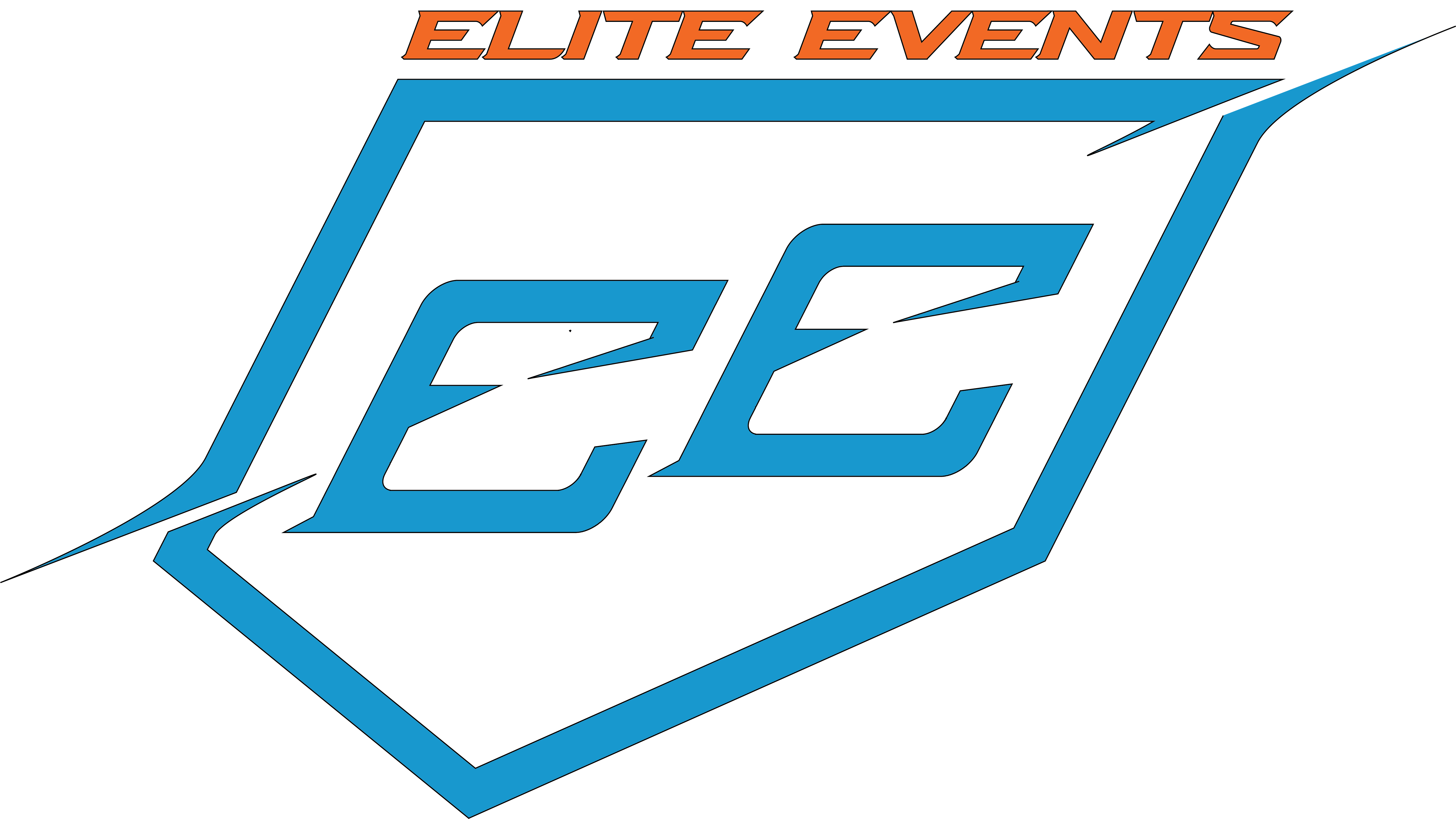Here are six tips for student-athletes and their families to make the most out of any visit while standing out among other recruits.
1) Be on time, but don’t be too early
This goes without saying, but don’t be late for anything happening on your unofficial or official visit. But at the same time, don’t be too early either, especially if you are meeting the staff, team, etc. in their offices. Rather you are visiting during the week, or on a weekend, there will often be work or loose ends a staff is tying up to prepare for your arrival and visit. They could also be finishing up meetings, practice planning, and other daily work that does continue even though there is a recruit on campus.
It can make for an awkward start to your visit. Staff doesn’t want to keep you waiting or make you feel uncomfortable or ignored but they are also expecting you at a certain time and have planned their day, meetings, and workload around that. We know being early is good, 5-10 minutes is acceptable but when it’s too early it can get your visit off to a tough, uncomfortable start.
Yes, you are on a recruiting visit. Yes, that program is happy you are there. Yes, they want to cater to you so you have the best time possible. But no, the entire world didn’t stop or suddenly start revolving around you just because you are on campus.
Be gracious to everyone you meet. If you are in a group, be kind to your fellow recruits and families. Any visit requires a lot of time and planning with a number of people with super busy schedules giving their time to make your visit the best, most exciting, and most informational possible.
Be open to and make the most of every stop on your itinerary!
Lastly, an important note, if you are visiting with a large group that is broken off into smaller groups (this has to happen sometimes because of space, getting meetings smaller, etc.) and you find yourself not with a friend/teammate you came with try to avoid asking to switch groups to be with them. Sometimes you will be split for a reason and it’s an excellent time for you to meet new people …and potentially a future teammate!
3) Come with questions and engage
When going on a visit both parents and athletes should come with questions! You should have an idea about who you will meet with via an itinerary; some of these people could be athletic trainers, academic advisors, athletic directors or administrators, student-athlete development employees, equipment managers, etc. Take some time to look up these people and read their bios if possible (just google their name and the school, and it should show up). Evaluate what is important for you to know, have conversations with your parent or your athlete, and go in with a clear plan for the information you need to know.
These could be questions about classes; majors; how studying/school works in season; what resources are available for you; if you have a disability, ask questions about what offerings there are to help you succeed; does the university have processes in place to help you with internship and job searches?; how about mental health services; how athletic training and physical health care work; and so much more. There are so many questions you can ask that are really important to find the best fit for you.
In line with asking questions, engage with the people you meet. You may not always have questions for every single meeting but make sure to say “hello”, shake people’s hand, engage with what they are saying and sharing with you.
4) Keep focused on the “important stuff”
The purpose of campus visits is to dazzle, impress, and turn the heads of a recruit and their family. It’s that simple. Along with that comes showing you all the “shiny stuff”. That means the gear, the facilities, the trophies or rings, the stadium, etc. While those things are really cool and in some cases will effect your experience (e.g. facilities) make sure you are not blinded by things like a locker full of gear. I promise you, when you look back on your career and experience you aren’t going to remember the shirts or shoes you were given. Don’t short change yourself and your future by being “sold by the swag”.
5) Stay off your phone
This should be a no-brainer but stay off your phone. You will be encouraged to take as many photos as you’d like but there are very few situations when you should be texting at any point during the visit (e.g. locating a parent would be fine). Parents/guardians, should you need to take a call, text, or answer an e-mail find a time where you can step away or to the back of the group to do so as discreetly as possible.
The biggest thing I’d see is when PSAs sat down for a meal, sometimes they would instantly jump on their phones. Don’t do that. You’re there to meet people and interact, just stay off your phone.
6) Talk to your teammates or coaches about what to expect
Every program runs their visits in their own way, and every visit could be a little different. Is it an unofficial? Is it an official? Does it center around a camp? Is it just you or are you with a group? Etc. If you are new to attending visits talk to your teammates and/or coaches about what to expect. They may not be able to tell you 100% how everything will go but they can definitely be a useful resource in calming nerves, helping you prepare, and knowing what you can maybe expect.
Do you know someone that attended a visit or camp at the institution you are visit? Contact them to see what they have to say about how it was run.







